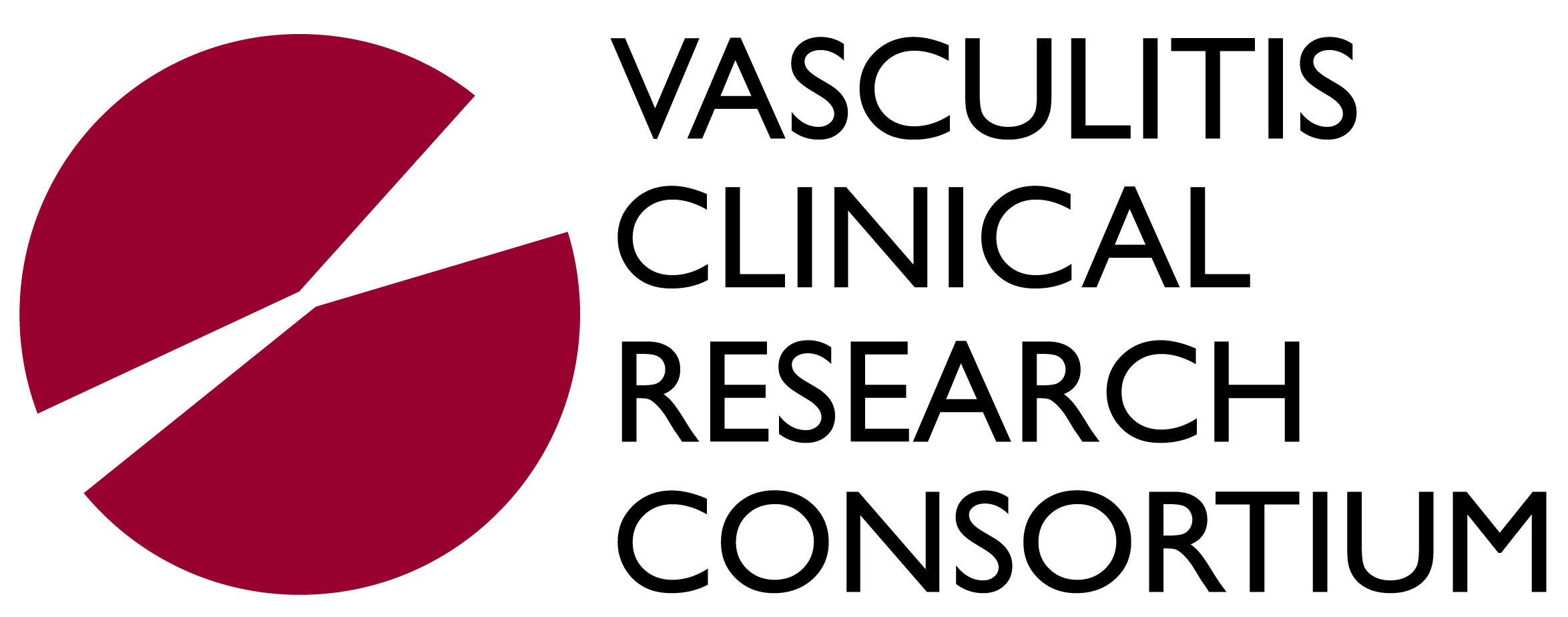On June 21, 2016, the NIH announced a mandate requiring the use of a single Institutional Review Board (sIRB) for multi-site, federally-funded studies, with a compliance date of September 25, 2017. The intent of the mandate is to increase efficiency, uniformity, and reduce the time to obtain IRB approval for multiple sites on the premise that individual sites submitting research to their local IRBs is costly, results in duplication of effort, results in inconsistencies among sites, and delays implementation of research.
Central IRB Impact
RDCRN Investigators and Patient Advocacy Groups – A Partnership
In the spring of 2013, a survey was circulated to the RDCRN Consortium Principal Investigators (PIs) and Patient Advocacy Group (PAG) representatives of their consortium to determine how PAGs and their affiliated consortia interacted and whether this interaction was interpreted as positive or negative by both PAG representatives and Consortium PIs. A total of 28 PAG representatives, each from a different PAG, and all 17 RDCRN Consortium PIs completed the survey.
Q&A with Petra Kaufmann, MD, MSc, Director Office of Rare Diseases Research (ORDR)
Rare Disease Research Training Program
September 2015 was the launch of The Rare Disease Research Training Program with our first in-person 2 day meeting.
The training program, supported by an RDCRN R25 grant, is a 12 month series of in-person and webinar-based opportunities allowing for synchronous and asynchronous learning opportunities to better understand the practical skills required to succeed in rare disease clinical research.
The goals of the program are to:
The Orphan Drug Act and National Organization for Rare Disorders Celebrate 30th Anniversary
On May 14th, at the Mellon Auditorium in Washington DC, more than 500 people celebrated the 30th anniversary of The Orphan Drug Act as well as the founding of the National Organization for Rare Disorders (NORD), a national federation of rare diseases patient advocacy groups.
National Organization for Rare Disorders Honors the RDCRN at their Annual 'Partners in Progress' Gala
As an innovative program of the Office of Rare Diseases Research (ORDR) at NIH, the Rare Diseases Clinical Research Network (RDCRN) demonstrates the value of collaborative research networks to accelerate clinical research in rare disorders. By harnessing the combined power of top researchers, affected individuals and advocacy groups, this very successful model for rare disease research engages more than 80 patient groups (representing 172 rare conditions) in more than 100 studies and has resulted in over 700 publications.
National Center for Advancing Translational Sciences (NCATS) Established
Days before the 2012 New Year, Congress passed and the President signed landmark legislation championed by NIH Director Francis Collins, aimed at transforming the way human research is done. Key leaders in NIH, investigators at the nations academic medical centers, the Food and Drug Administration, and even much of the pharmaceutical sector saw NCATS as a bold new structure that would change the way research is done.
Spotlight on RDCRN Consortia: Vasculitis Clinical Research Consortium
The Vasculitis Clinical Research Consortium (VCRC) is an international, multi-center, clinical research infrastructure for the study of vasculitis.
The Office of Rare Diseases Research (ORDR)
The Office of Rare Diseases Research (ORDR) is the parent entity overseeing the RDCRN network. It was established in 1993 within the Office of the Director of the National Institutes of Health (NIH), the Federal focal point for health research. ORDR coordinates and supports rare diseases research, responds to research opportunities for rare diseases, and provides information on rare diseases. In 2002, the Congress and President Bush established ORDR and its responsibilities in statute by enacting and signing Public Law 107–280, The Rare Diseases Act of 2002.
RDCRN Launches Contact Registry to Connect Patients, Researchers and Advance Rare Disease Research
Pagination
- Previous page
- Page 2
- Next page

